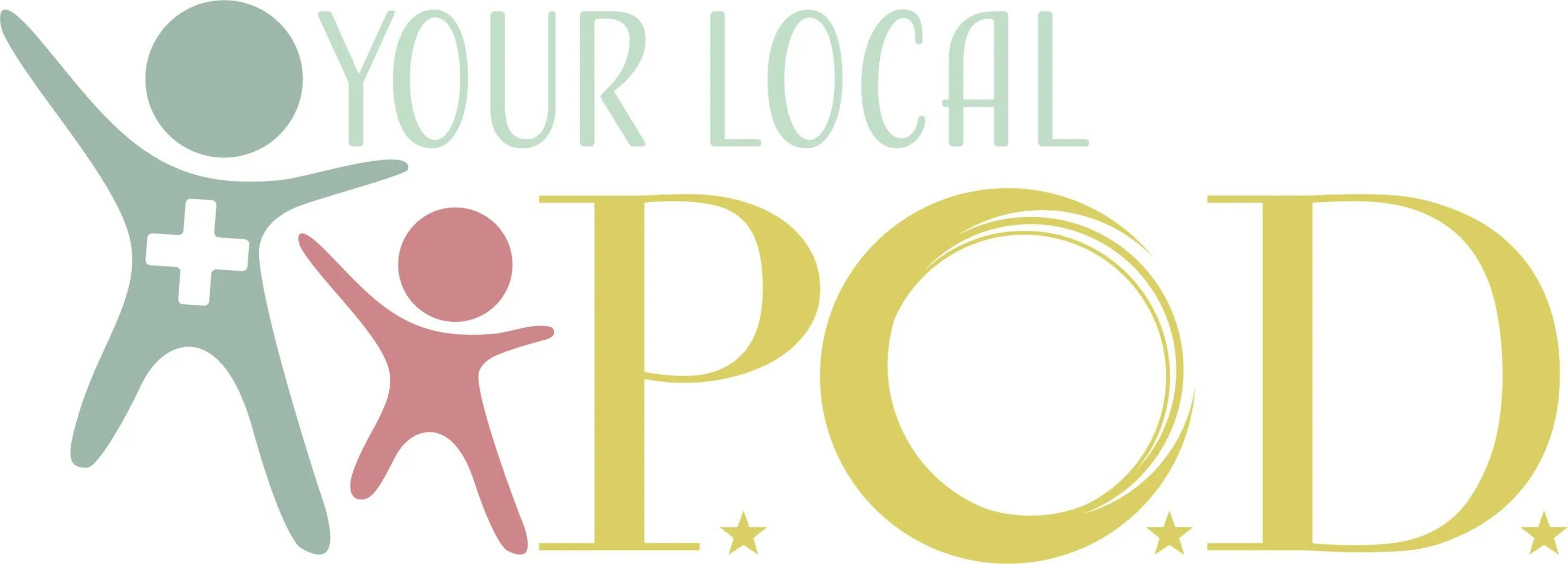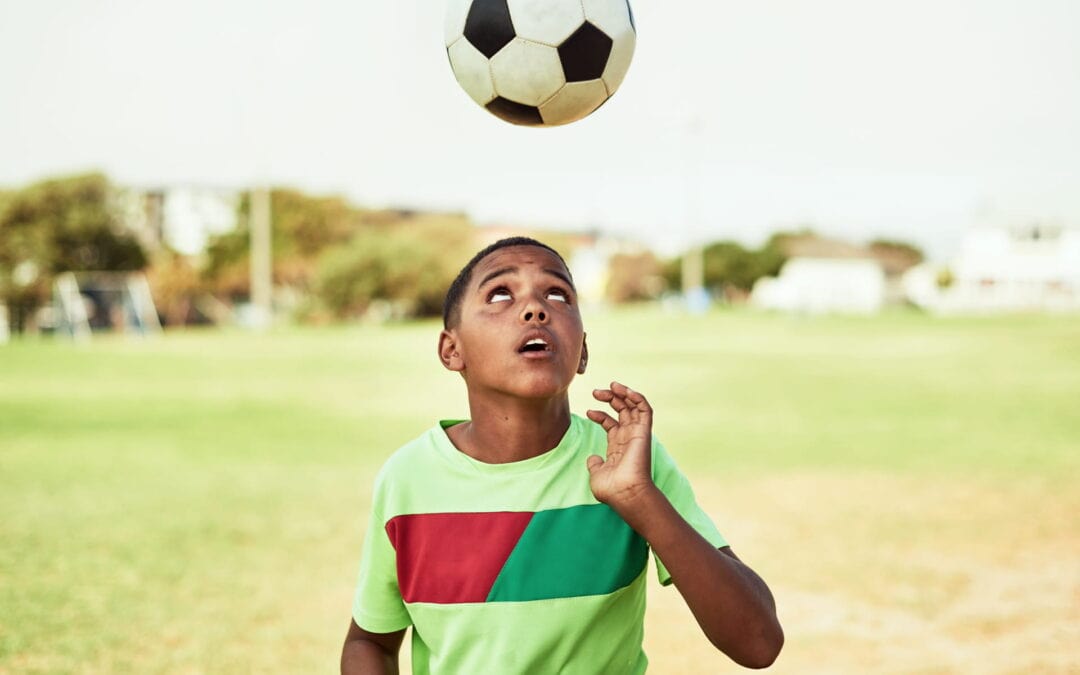Concussions are a serious concern for any parent, especially since children are involved in activities every day where injuries can easily occur. Understanding how to recognize the signs of concussion in the young ones can drastically alter the outcome, helping to ensure that children receive the care they need promptly. This article explores the critical aspects of recognizing concussion symptoms in children, emphasizing the importance of pediatric urgent care when necessary.
What Is a Concussion?
A concussion is a type of traumatic brain injury that disrupts the normal functioning of the brain. It’s not always about the visible injuries; the effects can be subtle yet have lasting impacts on a child’s health. Whether it’s a bump, blow, or jolt to the head, the aftermath can be concerning if not addressed properly. Recognizing a concussion early in children is vital because their brains are still developing, and the effects can be more severe than in adults.
- Signs can vary widely from child to child.
- Symptoms might not appear immediately.
- Medical evaluation is crucial after any significant head impact.
Common Causes of Pediatric Concussions
Children are naturally energetic and adventurous, which unfortunately brings about numerous opportunities for head injuries. Common causes include falls during playground activities, sports-related collisions, and accidents at home or school. Given these risks, understanding where these injuries most often occur helps parents and guardians take proactive steps in prevention and treatment.
- Sports like football and soccer pose higher risks.
- Supervised activities can still lead to accidents.
- Everyday play should be monitored for potential hazards.
Early Signs of Concussion in Children
The early signs of a concussion can be subtle and sometimes overlooked. Symptoms such as confusion, dizziness, and changes in mood or behavior are critical indicators that a child might have suffered a concussion. Often, children may complain of headaches or pressure in their head, which are telltale signs that should not be ignored.
- Look for changes in their sleeping patterns or appetite.
- Watch for loss of interest in their favorite activities.
- Note any uncharacteristic loss of balance or coordination.
When to Seek Pediatric Urgent Care
Knowing when to seek help can make a significant difference in a child’s recovery. If a child exhibits any symptoms of a concussion, especially after a bump or blow to the head, taking them to a pediatric urgent care center can ensure they receive the appropriate evaluation and care. These centers specialize in pediatric emergencies and are equipped to handle the nuances of treating children.
- Persistent headache or worsening symptoms.
- Any signs of neurological distress such as seizures.
- Difficulty in waking up or severe lethargy.
Diagnosis and Treatment Options
At a pediatric urgent care, medical professionals will assess the child’s symptoms and may use tools like a CT scan or MRI to look at the brain more closely. Treatments can range from simple rest and monitoring at home to more intensive measures depending on the severity of the concussion. Early and accurate diagnosis is key to effective treatment.
- Rest is often the first recommendation.
- Follow-up visits are important to monitor progress.
- Activities should be gradually reintroduced under medical guidance.
Long-Term Effects of Concussions
While most children recover fully from concussions, some may experience longer-term effects that can affect cognitive and physical abilities. Issues such as persistent headaches, difficulty concentrating, or mood swings can occur. Pediatric urgent care centers play a crucial role in not only immediate treatment but also in the long-term monitoring and support for recovering children.
- Long-term monitoring may be necessary.
- Supportive therapies like speech or occupational therapy might be recommended.
- Parents should be aware of and responsive to any ongoing symptoms.
Preventing Concussions in Children
Prevention is always better than cure, especially when it comes to concussions. Ensuring that children wear appropriate protective gear during sports and recreational activities, making living spaces safer, and educating children on safe practices can significantly reduce the risk of head injuries.
- Encourage the use of helmets in sports and biking.
- Child-proof homes to prevent falls.
- Educate children on the importance of safety measures.
Key Takeaways for Recognizing Concussion Symptoms in Children
- Early recognition and appropriate response are crucial.
- Pediatric urgent care centers are vital resources.
- Prevention strategies can significantly reduce risks.
Frequently Asked Questions
1. How long does it typically take for a child to recover from a concussion? Recovery times can vary, but most children will recover within a few weeks. It’s important to follow a doctor’s advice and allow for gradual return to activities.
2. Can a child sleep if you suspect they have a concussion? Yes, sleep is important for a recovering brain, but it is crucial to consult a healthcare professional first. They may recommend waking the child periodically to assess their state.
3. What should I do if my child’s concussion symptoms seem to worsen over time? Always return to your healthcare provider or visit a pediatric urgent care if symptoms worsen or new symptoms appear. It’s important to rule out more severe injuries.
4. Are concussions more serious in children than adults? Yes, because children’s brains are still developing, the impact can be more severe and recovery can take longer.
5. How can I make my home safer to prevent concussions? Secure furniture to walls, ensure safe play areas, and use corner protectors on sharp furniture edges to help prevent accidents and injuries.
Through understanding and vigilance, parents can play a crucial role in both preventing and managing concussions in children. Ensuring that the right steps are taken following any incident can help secure a child’s health and well-being for both the short and long term.

